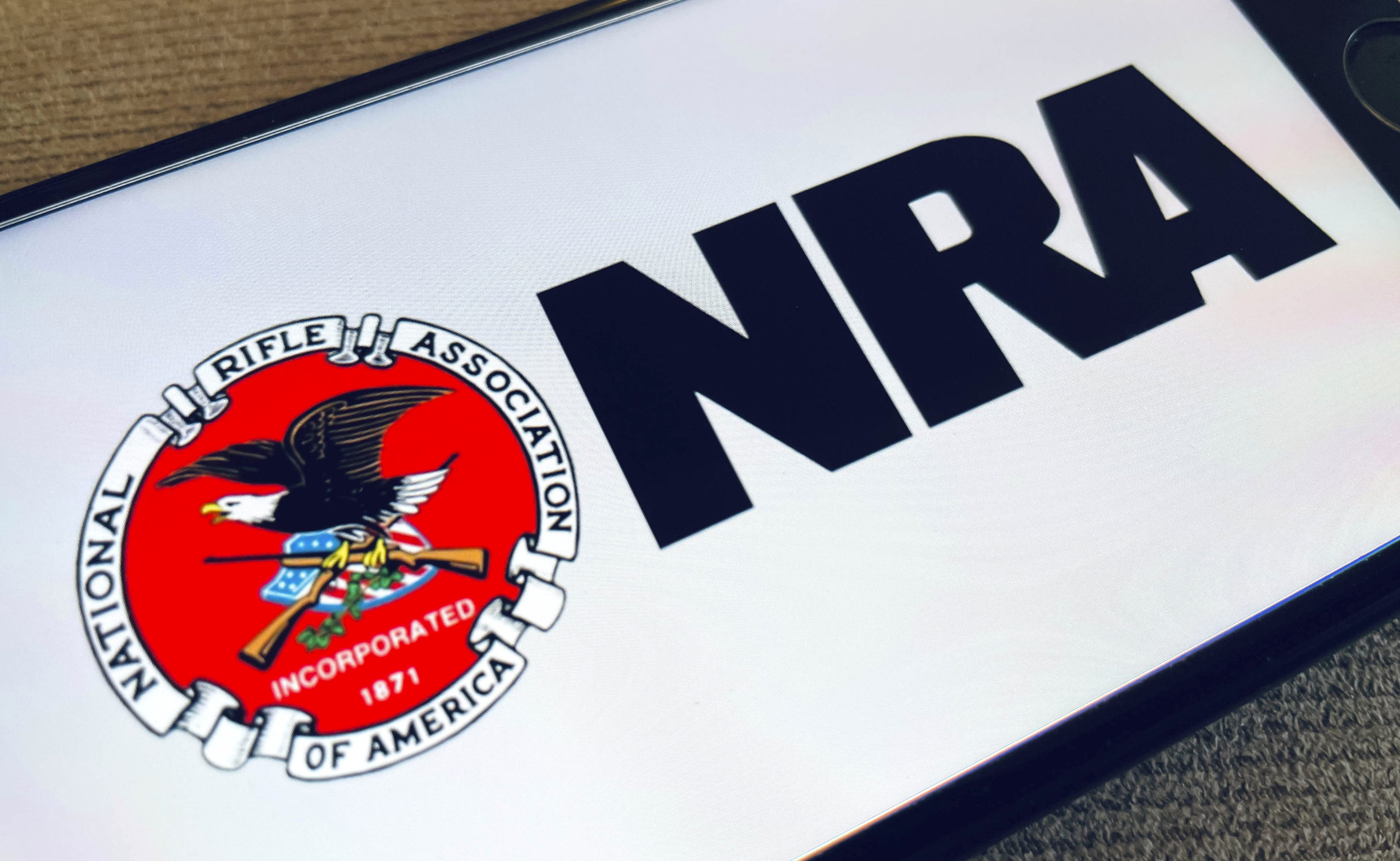What To Know Today
NEW from THE TRACE: California police are failing to track crime guns, ignoring tons of potential leads. Every year, state law enforcement agencies recover thousands of firearms, each of which must be logged in a state database. If officers know or suspect that a gun was used in a crime, they must designate it as a “crime” gun, which routes info about the firearm to the ATF. But between 2010 and 2020, more than 150 agencies in California failed to flag more than half of their recovered crime guns for tracing in the system, state records show. More than 20 agencies logged no guns at all. Because gun tracing helps law enforcement connect a gun to shooting suspects or trafficking rings, experts say a lapse could stymie criminal investigations. You can read Champe Barton’s piece, in partnership with NBC Bay Area, here.
Latest NRA hack reveals gun group banking information and sensitive personal info of staff members. The Reload confirmed the authenticity of some documents in the latest dump from hackers who have been targeting the group since late last month. The latest documents include Social Security numbers for staff members, sensitive information including child support or tax payments, and dozens of NRA files that included the organization’s cybersecurity protocols and company insurance policies. One person whose information was revealed in the leak didn’t know they’d been hacked until The Reload spoke to them. “It’s disconcerting that the level of information from staff regarding the hack has been woefully insufficient,” said NRA board member Phillip Journey. NRA leadership hasn’t otherwise publicly acknowledged the leaks since they were first reported on October 27.
The overwhelming bipartisan popularity of supporting shooting victims. A survey of 1,223 likely voters conducted by Safer Cities, a progressive nonprofit focused on public safety, found that 82 percent of people — 91 percent of Democrats, 73 percent of Republicans — supported the creation of trauma recovery centers. The growing model assists crime victims with an array of cost-free services, including mental health, legal services, and help filing police reports and accessing victims’ compensation funds. People from both parties also supported no-cost mental health and trauma therapy (89 percent), legal support (86 percent), and recovering the wages victims lost when they were unable to work (82 percent).
Citigroup says it will soon restart underwriting municipal bonds in Texas. The bank — along with Bank of America, JPMorgan Chase, and Goldman Sachs — paused that line of business because of a new Texas law that bars government entities from giving contracts to banks that “discriminate” against the firearms industry. After the Parkland shooting, Citigroup started telling business partners to start restricting certain gun sales, including for people under 21 and who hadn’t passed a background check. “Having made the certifications required by the new law, we are now prepared to resume serving issuer clients in Texas,” the bank said in a statement. At the same time, Citigroup made no indication that it was changing its previous policy on gun-related clients.
Oath Keepers on the verge of losing their lawyers. In April, Democratic lawmakers sued the far-right militia group and others for inciting the January 6th attack on the Capitol. In a new court filing, the lawyers representing Oath Keepers cited a “breakdown of communication” with the group, whom they said hadn’t responded to their requests or paid legal fees.
Data Point
3 — the number of times people had reported to police the perpetrator of a mass shooting at a Boise, Idaho, mall in the months leading up to the October 25 incident. [The Idaho Statesmen]

